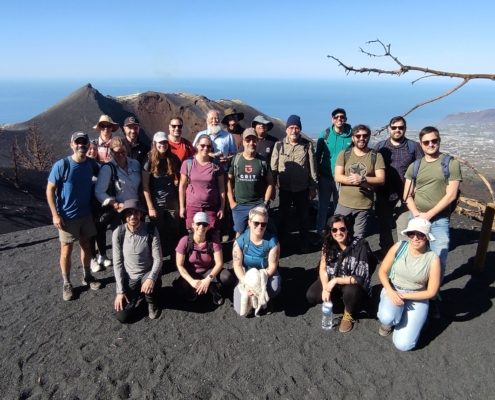 La Palma Research Centre
La Palma Research CentreFluidNET final training event in La Palma (November 2023)
During the last week of November, the FluidNET (Fluids driving…
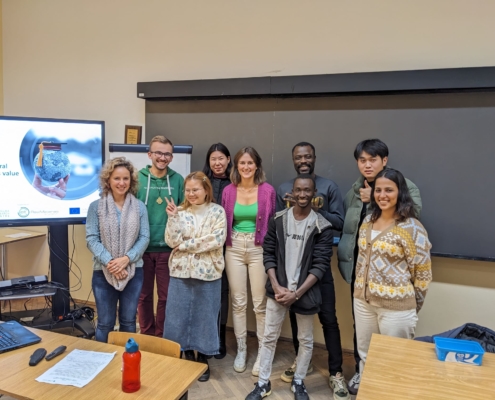 La Palma Research Centre
La Palma Research CentreLPRC gives RaVeN students the “Business training and general trends in the raw materials value chain” course
Last week the LPRC team went to Krakow, Poland, to provide…
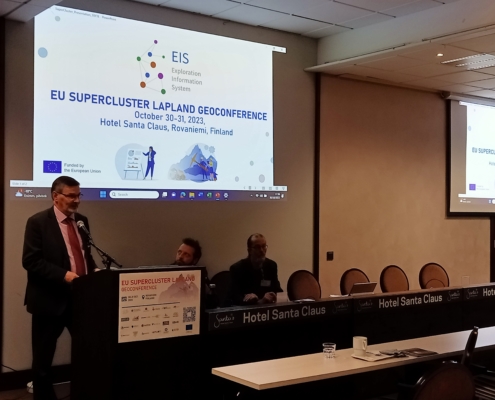 La Palma Research Centre
La Palma Research CentreLPRC’s projects at the EU SuperCluster Lapland Geoconference
LPRC participated in the EU's Supercluster Lapland Geoconference…
 Credit: SLB website (https://www.slb.com/)
Credit: SLB website (https://www.slb.com/)LPRC is helping to organise a FluidNET workshop
La Palma Research Centre is providing local support to the organization…
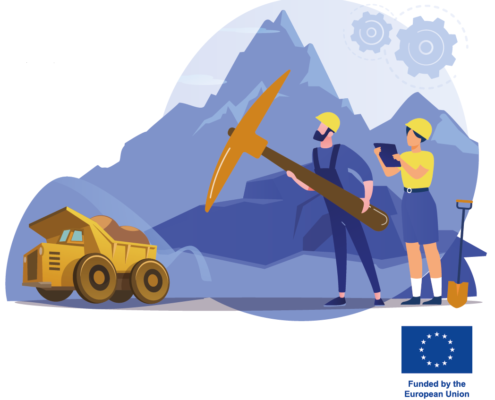
SuperCluster Lapland Geoconference, Rovaniemi, Finland (30 & 31 October 2023)
The SuperCluster Lapland Geoconference will take place on the…
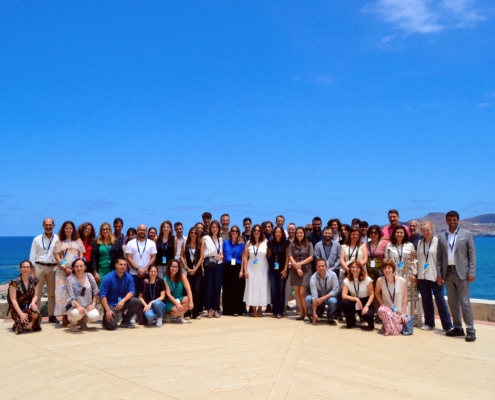
EMPORIA4KT Final Event, Gran Canaria, Spain (21st and 22nd June 2023)
The EMPORIA4KT project, funded by the INTERREG Atlantic Area…
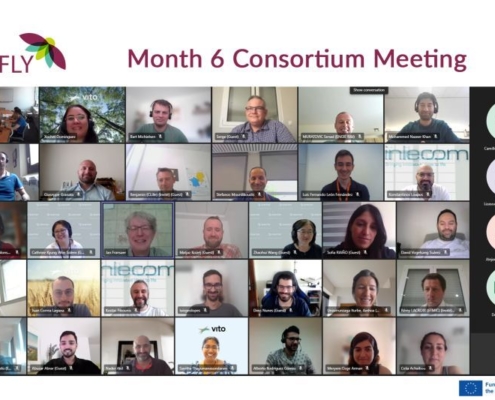 PNO
PNOFIREFLY Online Consortium Meeting (June 2023)
After the FIREFLY Kick-off meeting back in January 2023, the…
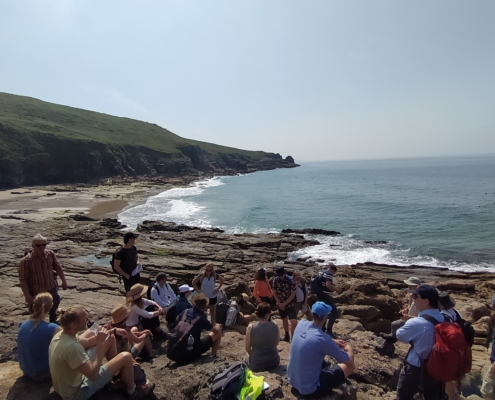 La Palma Research Centre
La Palma Research CentreCRM-Geothermal 1st Progress Meeting, Falmouth, UK (June 2023)
The recent CRM-Geothermal event brought together consortium members…
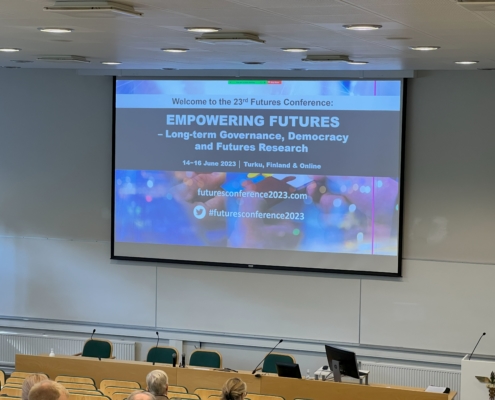 La Palma Research Centre
La Palma Research CentreFutures Conference 2023 – Empowering Futures, 14-16 June 2023, Turku, Finland
The La Palma Research Centre team joined a community of futures…
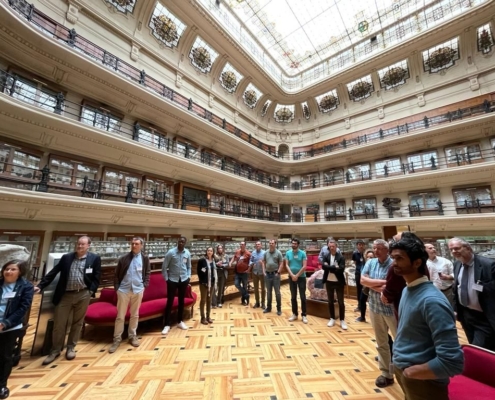 EPMA
EPMASTART Project Annual Meeting, Madrid, May & June 2023
The LPRC team joined its counterparts in the START project for…
